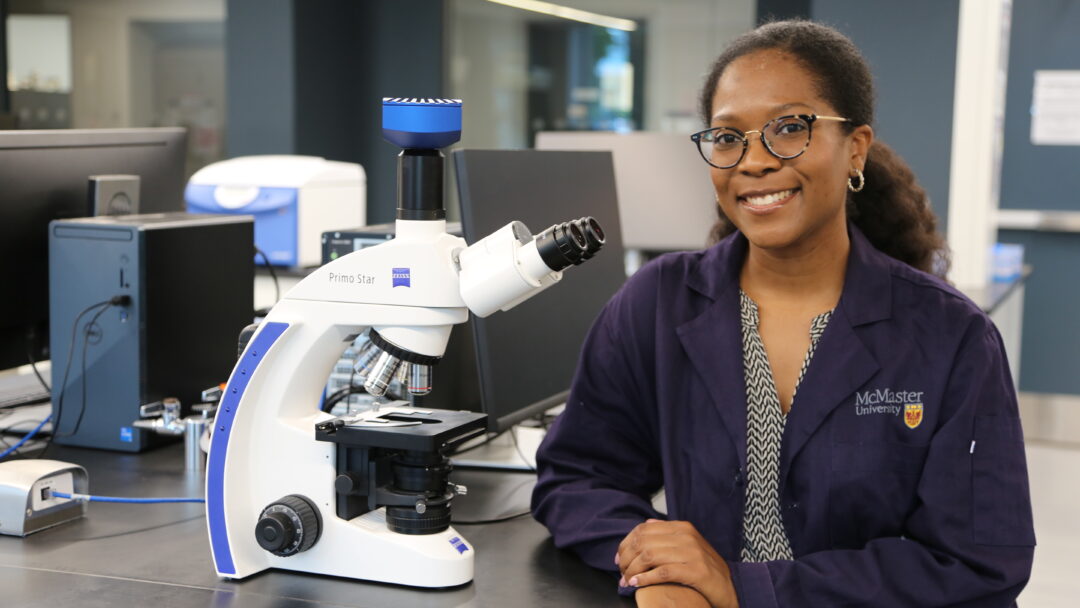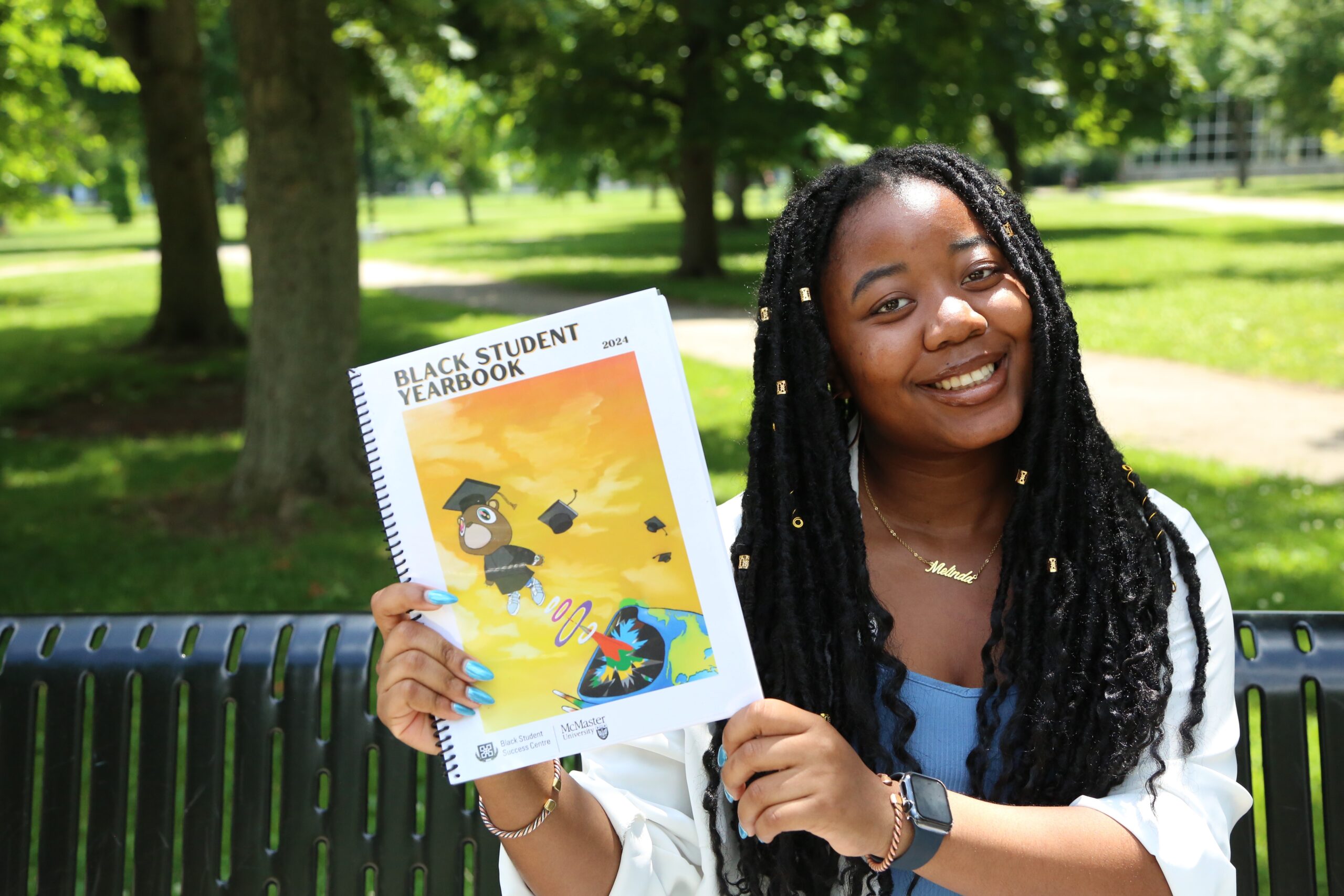Teaching Opportunities for 1 Unit EXPLORE courses
The School of Interdisciplinary Science is hosting a special one-hour session on Monday (May 13th) at 7PM in GSB 101 to share information about a unique teaching opportunity. All attendees must register by completing a brief questionnaire via https://forms.gle/bj69uaMAZP1zEwNv8
The School is offering a series of short, pass/fail, one-unit, small enrollment courses under the theme and course code of EXPLORE, that are available to undergraduate students in the Faculties of Science, Humanities, and Social Sciences starting in the 2nd year of their respective degrees.The School is offering a series of short, pass/fail, one-unit, small enrollment courses under the theme and course code of EXPLORE, that are available to undergraduate students in the Faculties of Science, Humanities, and Social Sciences starting in the 2nd year of their respective degrees.
The purpose of the EXPLORE courses is to encourage students to take part in a unique learning experience in a small sized setting (roughly 10-20 students) that is outside of their core area of study so that they may develop additional skills and take intellectual risks keeping in mind that a pass/fail assessment will not have an impact on their cumulative GPA.
As learning may be most effective when students can connect their academic knowledge to the real world, the topics studied in each EXPLORE course must be of relevance and interest to today’s university student and outside of a traditional academic discipline.
Given the diversity in content across the EXPLORE courses, there is flexibility in structure, organization, and the timing for when each course is offered. Although all EXPLORE courses are expected to provide at least 12 hours of instruction with direct student contact, individual instructors may choose to deliver a course across one week or several, on weekends or evenings, with the number of meetings dependent on the design of each course.
Examples of previous course offerings include Grant Writing – Integrating Science, Sustainability, and Community; Electronics for the Rest of Us!; Scientific Computing; Improv’ing Science Communication; Space Mission Design; Kentucky Caving Field Trip; 3D Printing for the Rest of Us!; Egyptian Hieroglyphs; Mischief in the Harbour.
The EXPLORE courses are offered in the fall of 2019 and the winter of 2020. Interested applicants should apply via the MOSAIC portal http://www.workingatmcmaster.ca/careers
see original article posted on the McMaster University Daily News.
Related News
News Listing
Generative Artificial Intelligence in Life Science and History Courses: Experiences, Opinions, and Policy Implementations
Uncategorized
October 24, 2024

Not the usual lesson in chemistry – assistant prof turns labs into an escape room for next gen scientists
Uncategorized
August 6, 2024

August 2, 2024
